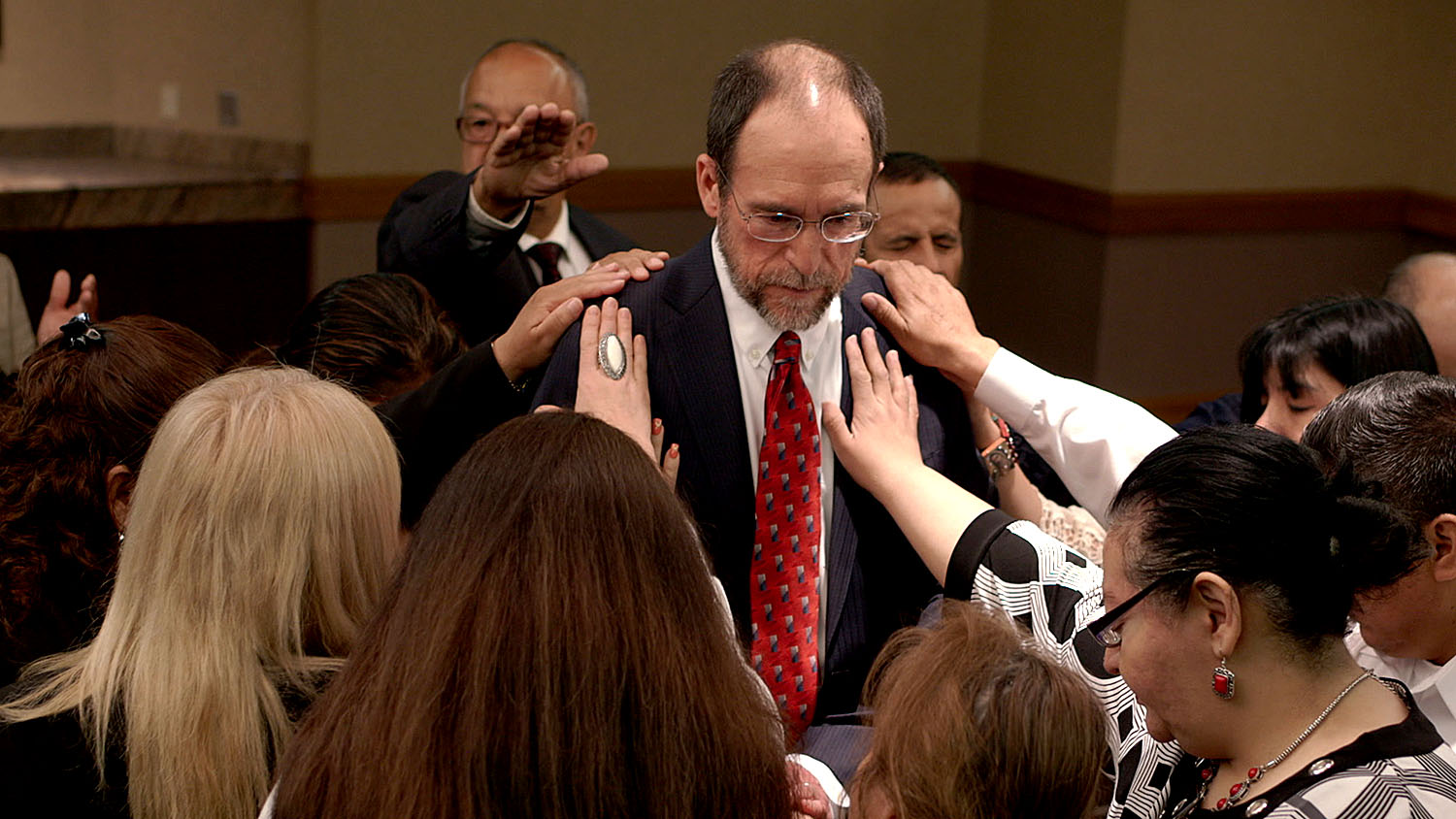- Membership
- Perks and Discounts
- Things To Do
- Resources
- News
- About
- Shop
Related Content
Take Your Pick
May 3, 2024
Secret societies. Quaestors and scriptors. The Parachute Club. Spend just a few minutes reading the...
Read MoreBeyond the Stars
May 3, 2024
Now in its 75th year, the Morehead Planetarium and Science Center reaches more students and...
Read MoreThe Science of Love
May 3, 2024
Love, love, love — all psychology Professor Sara Algoe needs is love. And she sees...
Read More-
2024
-
2023
-
2022
-
2021
-
2020
-
2019
-
2018
-
2017
-
2016
-
2015
-
2014
-
2013
-
2012
-
2011
-
2010
-
2009
-
2008
-
2007
-
2006
-
2005
-
2004
- Academics and Athletics
- Admissions
- Alumni Profiles
- Alumni Recognition
- Around Town
- Arts
- Books
- Campus Profile
- Campus Safety
- Carolina Alumni Awards
- Carolina Alumni Leadership
- Carolina Alumni Programs and Outreach
- Carolina Alumni Reunions
- Carolina Alumni Review
- Celebrations
- Championships
- College and Costs
- Commencement
- Coronavirus
- Discovery
- Extracurricular
- Faculty
- Faculty Awards
- For the People
- Go Heels
- Greek Life
- Hark the Sounds
- Higher Education
- Homecoming
- In Class
- In Memoriam
- Innovation and Technology
- Issues
- Object Lesson
- On View
- Our Treescape
- Philanthropy
- Podcast
- Public Service
- Race and Reckoning
- Research
- Sexual Assault
- Silent Sam
- Sports
- Structures
- Student Achievement
- Students
- Timelines
- Tuition and Financial Aid
- UNC Libraries
- UNC’s History
- Undergraduate Spotlight
- University Achievements
- University Awards
- University Budget Issues
- University Development
- University Leadership
- University News
- University Rankings
- What We Do
- Who We Are
- Young Alumni
- Yours at Carolina
Blending Business With a Sports Twist
Posted on Jan. 11, 2018
A scene from Betting on Zero shows Douglas Brooks, a lawyer representing plaintiffs against Herbalife, the company at the heart of the documentary. (Production still from BettingOnZeroMovie.com)
John Fichthorn ’95 and Burke Koonce III ’92 are looking to bring sports fans’ sensibility to the world of business.
Like ESPN’s 30 for 30 documentaries? The idea is to adapt that concept for sometimes-hard-to-grasp business topics.
The partners in Biltmore Films have developed a prototype and are financing and producing Betting on Zero about a tactic (the investing ploy called short selling) and a question (whether multilevel marketing is largely a pyramid scheme). After debuting at last year’s Tribeca Film Festival, Betting on Zero moved to Netflix, collecting raves along the way.
In sports and in business, money can be made by betting on losers. In sports, losing teams beat the point spread; in business, investors make short sells, “borrowing” and selling shares they think will decline in value and then reimbursing the original owners at the lower price when they sell.
That scenario seemed like a natural topic to the two investment analysts-turned-filmmakers. “I find it fascinating,” Fichthorn said. “There’s no career curriculum anywhere that teaches you how to be a short-seller. Carolina’s business school doesn’t have a course on it, and it’s not something investment banks teach you, either. So it’s on-the-job-training.
“And a side effect of being focused on short selling is you realize that the stocks doing the worst are often companies run by bad people. I spend a lot of time looking for bad guys, although some of them are good guys stuck in bad situations trying to weasel their way out.”
Fichthorn and Koonce, who also received his MBA from UNC in 1998, focused on Herbalife, a nutritional supplement company that employs what’s called multilevel marketing — a system that critics say is a pyramid scheme based more on recruiting distributors than selling products. They began filming testimonials of Herbalife investors who had lost their money, many with tragic consequences.
Wall Street investor Bill Ackman embarked on an anti-Herbalife crusade and placed a big bet against the company — a $1 billion short sell aimed at driving its stock price to zero. Legendary activist investor Carl Icahn, a longtime rival of Ackman’s, stepped in to support Herbalife. (That clash of titans continues today.)
Betting on Zero has attracted industry interest producing a dramatic-feature version, along the lines of the 2015 Oscar-winning film The Big Short, which focused on the housing mortgage industry.
Koonce and Fichthorn are taking stock of their options for other financial topics.
“The dot-com bust would be another potential subject we’d like to do something on,” Koonce said. “The stock-market crash of 1987 could be another, or George Soros breaking the Bank of England. Or Bre-X, a company that claimed it discovered tons of gold in Indonesia when they just sprinkled some gold dust around.
“There’s a level of mistrust and tension between people in finance and people who are more artistic. Not many have bridged the gap successfully, but we’d like to do that.”
— David Menconi
Thanks for reading the Carolina Alumni Review
Carolina Alumni members, sign in to continue reading.
Not yet a member? Become one today.
© 2024 Carolina Alumni
